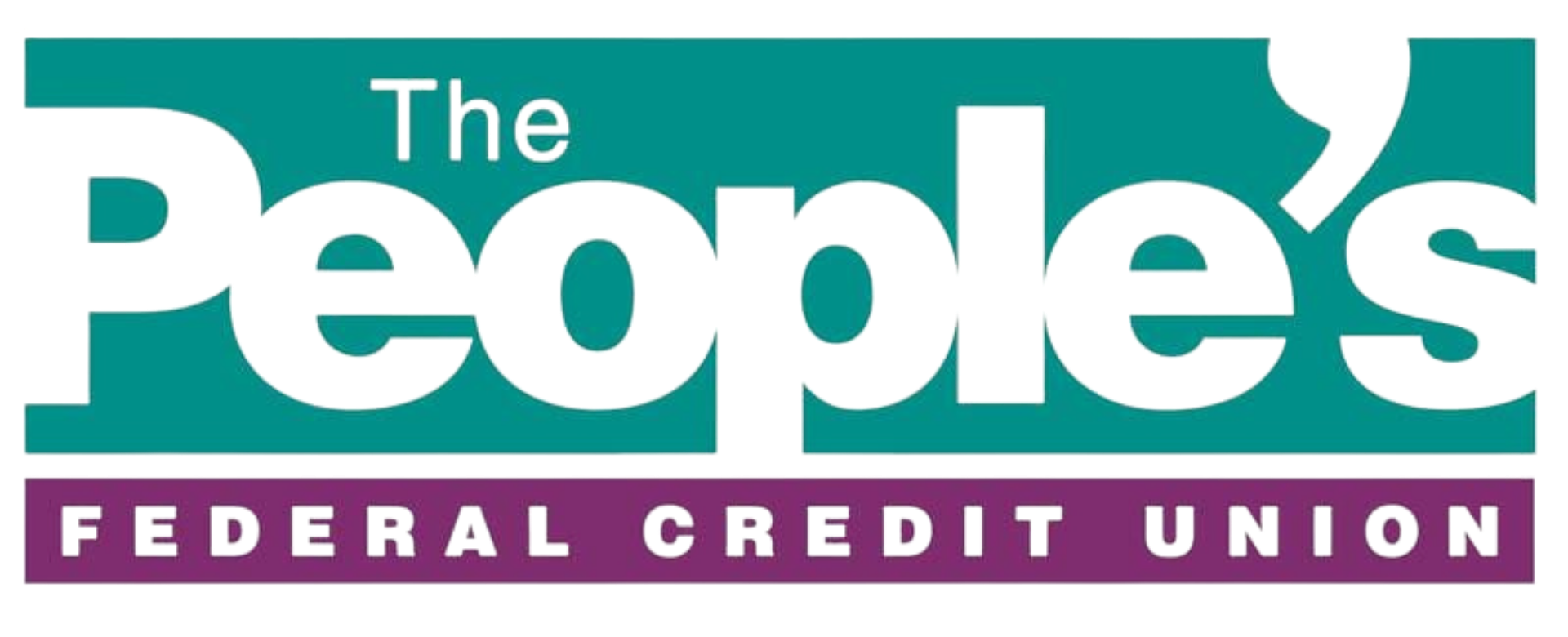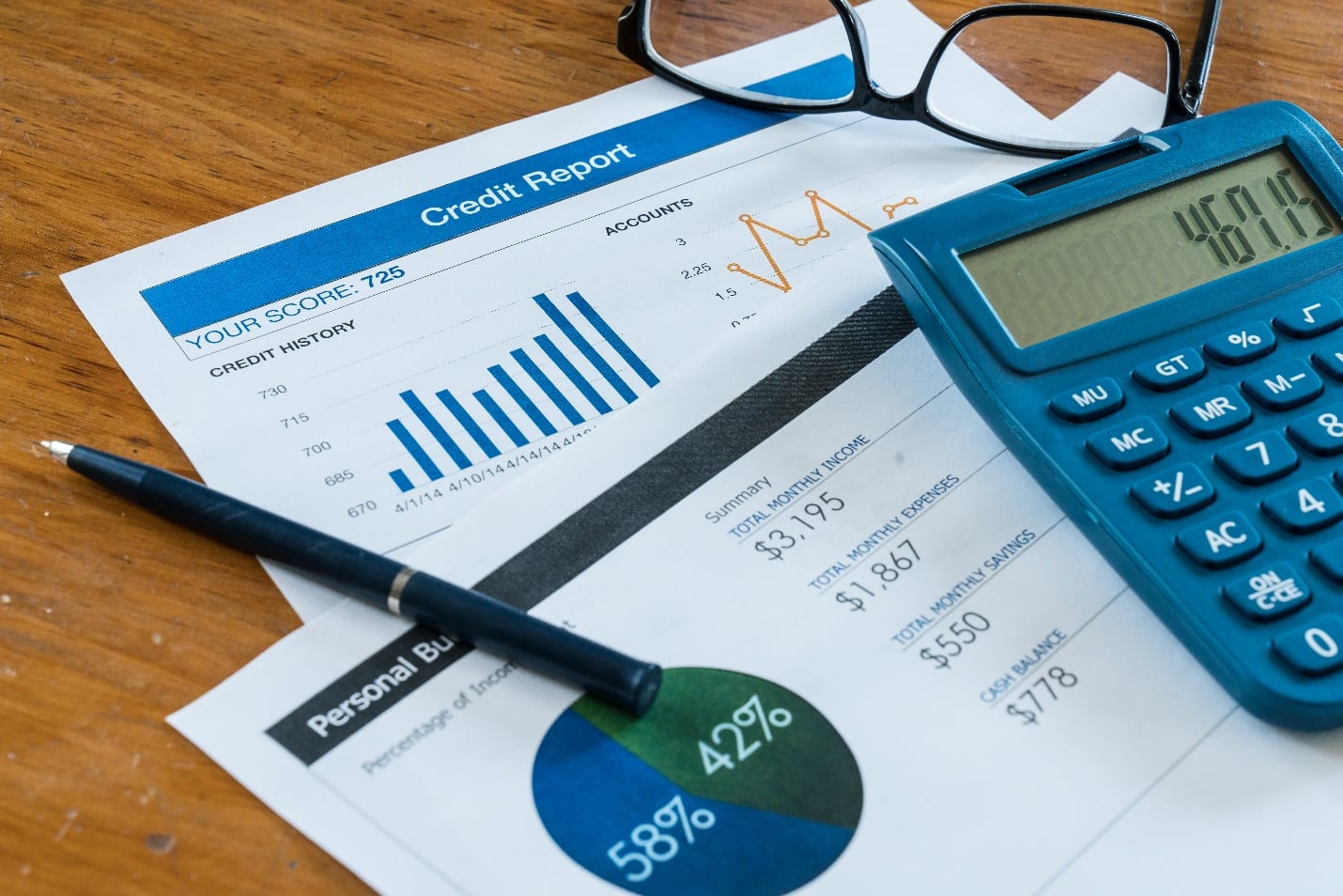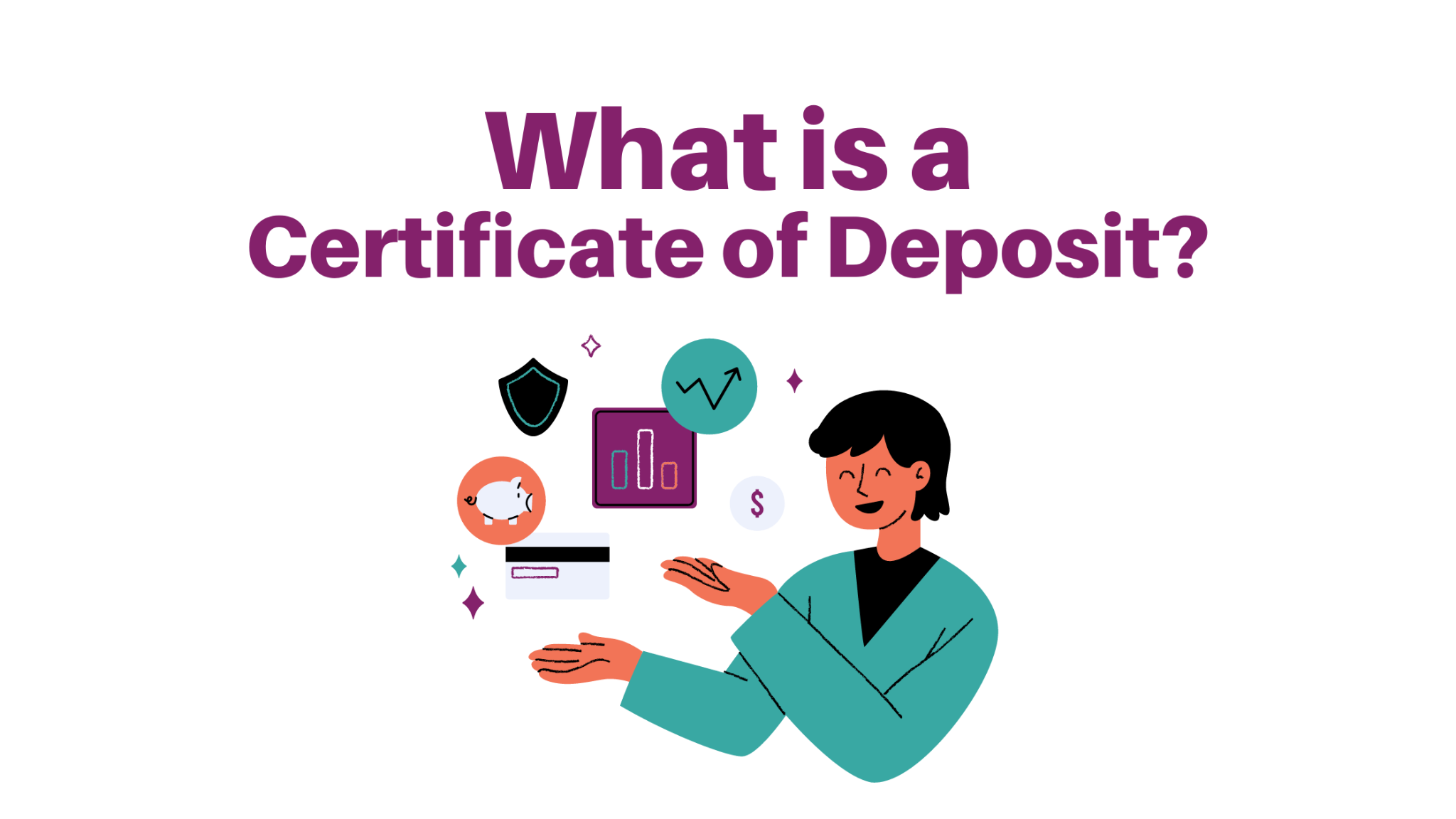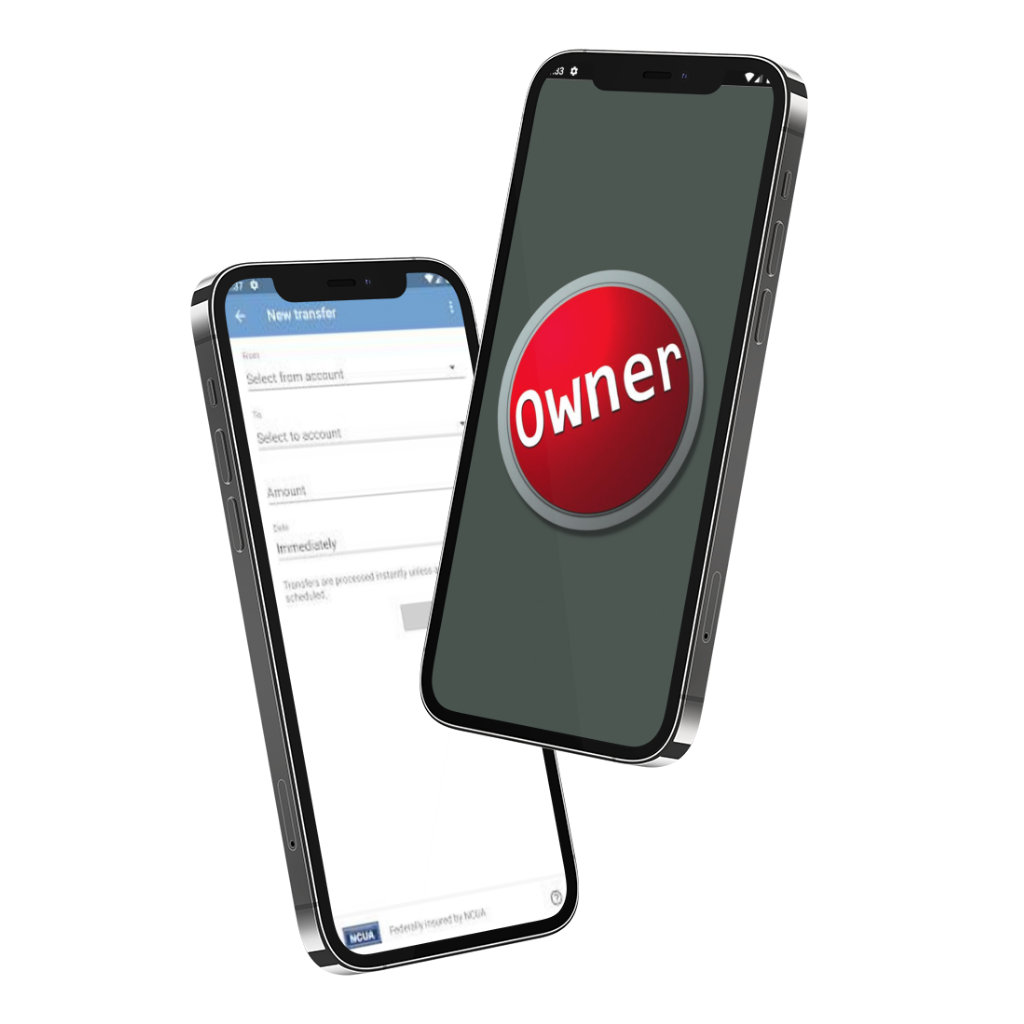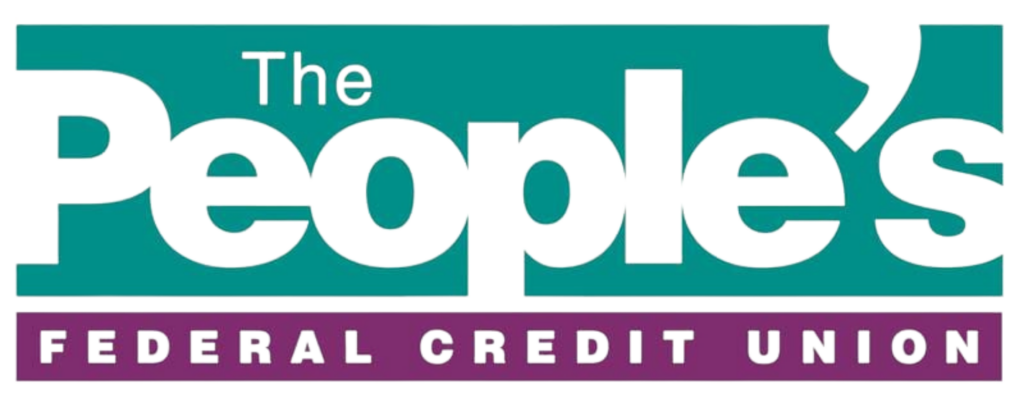From getting a cellphone plan to buying a new home, having a good credit score is essential.
As most people know, keeping on top of your debts is the key to keeping your credit score high. If you pay on time and maintain a low outstanding balance—or so common sense would tell you— then you have nothing to worry about.
Unfortunately, using your financial common sense doesn’t always help improve your credit score. In fact, in many cases, what you think would be a good idea will actually turn out to harm it. To keep your score healthy, make sure you keep these tips in mind!
What Not to Do
-
Avoid Credit Cards
Personal debt is higher than ever, and one way of avoiding putting you and your family into a difficult financial situation is to avoid credit cards entirely. Good idea? Not so much. Money lenders and other financial institutions want to see that you can pay off loans adequately, which is impossible to prove if you’ve never had a line of credit to begin with.
-
Close Down Credit Accounts
Similarly, closing down your credit card account once you have it isn’t a great idea. Part of your credit score is based on the length of your credit history, so, the longer you hold on to them, the better it is.
We know that paying off a big credit debt is a great achievement, but, once you’ve done that, it’s better to just get rid of the physical card and avoid the temptation of spending that way, rather completely than to shut down the account.
-
Decline an Offer to Raise Your Credit Limit
We know how it works: The more credit you have, the more tempting it is to use it. That’s why many people decline a bank’s offer to raise their credit limit, even though it’s actually beneficial to do so for your credit score.
The reason for that is a metric called the Credit Utilization Ratio, which compares your total credit limit to how much of it you use. The bigger your limit and the less you use it, the better the ratio (and your credit score) will be. So long as you continue to budget well and keep your monthly spending consistent, accepting an increased limit is a good idea.
-
Settle Old Debts for Less Than They’re Worth
If you’re struggling with an old debt, many third-party collection agencies will offer a “settlement”—that is, an offer to pay off only part of the debt and have the remainder written off. This is tempting for a number of obvious reasons, but, unless you’re completely unable to pay off the full debt, it’s not a good option.
The reason these debt agencies will offer a settlement is that they’re certain you’re never going to pay them back fully. This is not a good message to send to other people who might lend you money and, as a result, it can take a huge chunk from your credit score. If you can, you should pay the debt back in full. Although it might be late, it shows to other lenders that you always repay your loans.
How a Credit Union Can Help
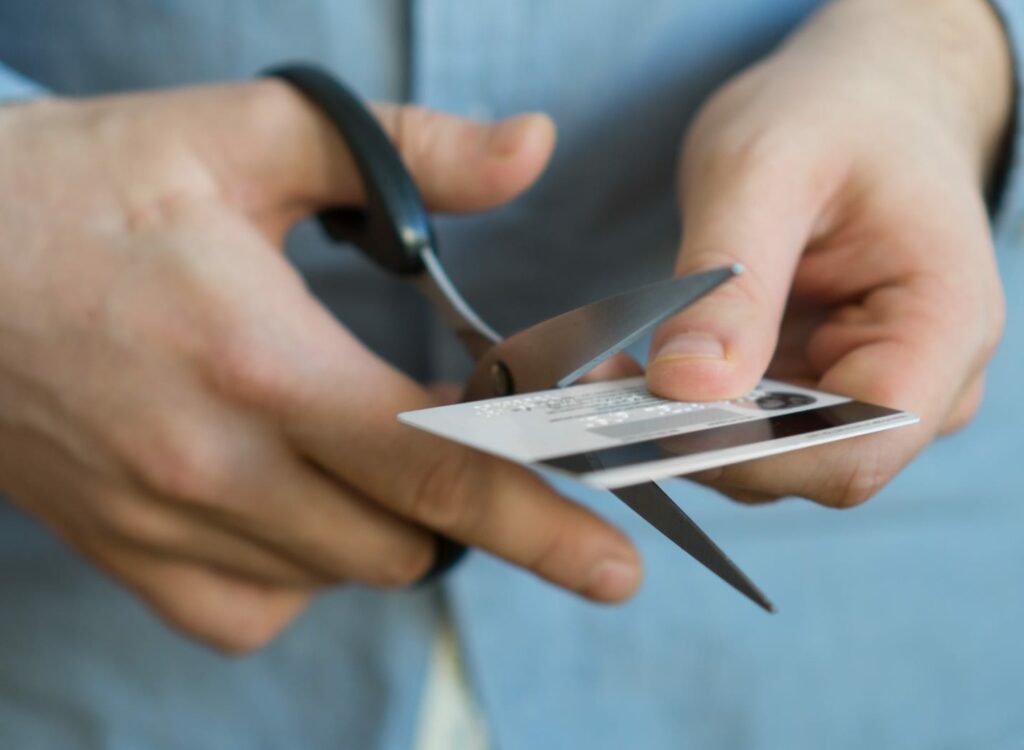
As you can see, maintaining a good credit score is a little more complicated than it seems—but if you’ve already made a few of these mistakes, try not to worry too much.
The best thing to do is to visit The People’s Federal Credit Union. As an Amarillo credit union, our focus is exclusively on our members, who own and profit from everything we do. That means lower rates, much smaller fees, and more favorable terms on all of our loans, which takes away financial stress and makes it easier to build a better credit score.
We also offer innovative credit builder loans, specifically designed to improve poor credit or build up your credit history. To discover the advantages of credit and get help with your score, contact us on (806) 359-8571 today!
